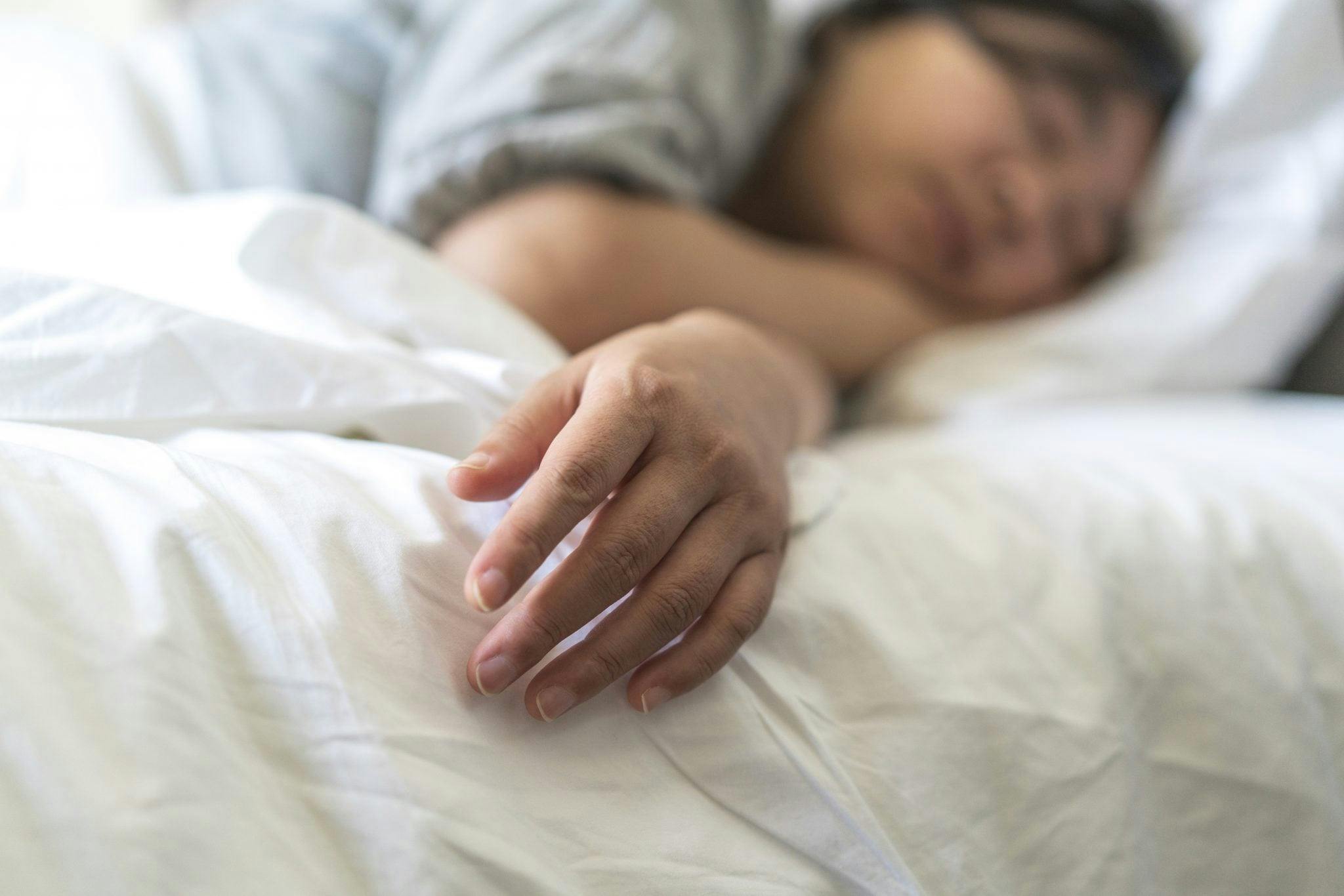
2023-07-10T16:46:58
Don’t let these 5 common injuries ruin your summer
- Family Medicine
- Urgent Care
- Value-Based Care
September 28, 2018 | Sleep Medicine • Value-Based Care

One in three adults reports getting less than the recommended amount of sleep each night. Lack of sleep can often be by choice, but sometimes it can be caused by a condition called insomnia.
Insomnia is a sleep disorder in which people find it difficult to fall or stay asleep, resulting in fatigue, low energy, a disturbance in mood, difficulty concentrating and decreased performance at work or school. Antipsychotics are often used to treat this disorder, but research shows they may not be the best option for the first line of treatment against insomnia.
Improper sleep can have serious effects on your health and your wallet. In the United States alone, insomnia is estimated to cost the economy more than $1 billion every year. These costs are attributable to a number of factors from increased utilization of health resources like doctor visits and prescription medications to indirect costs associated with things like insomnia-related motor vehicle accidents.
Insomnia also affects your health. People with untreated insomnia have a shorter life expectancy and are at an increased risk of experiencing health problems such as:
Antipsychotics are FDA-approved drugs that treat mental illness, although some people take them atypically to treat insomnia. These drugs often make people feel drowsy, but there is little research to show they actually help people stay asleep. The benefits of taking an antipsychotic for insomnia generally do not outweigh the risks, which include:
In most cases, non-antipsychotic treatments can significantly improve insomnia and its effects.
In some cases, the use of antipsychotics to treat insomnia may be appropriate. The American Psychiatric Association advises considering antipsychotics to treat insomnia only if:
It’s important to notify your doctor if you have any side effects.
Before resorting to antipsychotic drugs to treat insomnia, talk to your doctor about trying the following options:
If you experience insomnia or do not get restful sleep, talk to your doctor about your treatment options.
Sources:
“What is Insomnia?” National Sleep Foundation.
https://sleepfoundation.org/insomnia/content/what-is-insomnia
“Why Treat Insomnia?” National Institutes of Health.
https://www.ncbi.nlm.nih.gov/pmc/articles/PMC2882812/
“The Economic Burden of Insomnia: Direct and Indirect Costs for Individuals with Insomnia Syndrome, Insomnia Symptoms, and Good Sleepers.” National Institutes of Health.
https://www.ncbi.nlm.nih.gov/pmc/articles/PMC2625324/
“Effects of Insomnia on the Body.” Healthline.
https://www.healthline.com/health/insomnia-concerns
“Treating Sleep Problems.” Choosing Wisely.
http://www.choosingwisely.org/patient-resources/treating-sleep-problems/
“Treatment – Insomnia.” National Sleep Foundation.
WRITTEN BY:
The Live Better Team

2023-07-10T16:46:58

2023-07-06T12:52:34

2023-06-26T14:18:33

2023-05-03T09:45:20
This information is not intended to replace the advice of a medical professional. You should always consult your doctor before making decisions about your health.